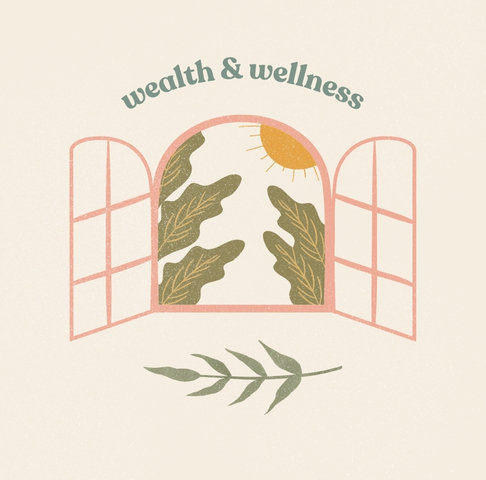Hitting $100K by 30 wasn't a goal I consciously pursued but something I arrived at by working part-time from a young age and investing early. I made my fair share of mistakes, lost money, and learned along the way.
Somehow, the combination of these small, consistent efforts added up, and I've hit this milestone. But it's left me with more to think about: What does reaching this number actually mean? And what comes next?
Here's a look at how I got here, the lessons I've learned, and why I think there’s more to life than just hitting a number.
The path to $100,000: A collection of small wins and losses
For many young adults today, hitting $100K by the time they turn 30 has become a kind of financial benchmark – a sign that you’re doing things right. But for me, it wasn’t a set goal.
It happened through a series of small steps: working from a young age, developing simple financial habits and investing early. It wasn’t a straight path – there were plenty of missteps along the way – but those experiences helped me build a foundation I could rely on.
Here’s how it all started. I’d asked my parents for a new computer to celebrate the end of my O-level exams, but instead of just buying it for me, they encouraged me to get a job and buy it myself. You already know this spiel: “You think money grows on trees?”, “Money hard to earn hor”, etc.
So, I worked part-time in all sorts of jobs – flipping burgers, serving customers at cafes, and doing sales and event jobs. I learned something new at each job – from customer service, to managing responsibilities, and unknowingly, I began building a good foundation for my financial habits. I was lucky (and I consider myself privileged) to not have any big financial obligations back then – my education was covered, and I wasn’t saving for a house or a wedding, so I had the freedom to experiment with my finances. Of course, experimenting also meant making mistakes.
One of my biggest learning moments came when I lost S$19K in investments before turning 25. It stung, but every costly mistake was like paying tuition for future lessons. Over time, I developed a more stable, sustainable approach – opting for DCA (Dollar-Cost Averaging) into ETFs and equities. It took away the pressure of trying to time the market and helped me build my investments consistently over the long run.
Now, I’m focused on steady progress, knowing that a disciplined, long-term strategy will always win out.
The anti-climactic reality of reaching a big number
When I finally reached S$100K, I expected to feel a sense of accomplishment. But in reality, it wasn’t the life-changing moment I imagined. Instead, it just left me reflecting on how I got here and what I learned along the way.
It reminded me of how I grew up and my relationship with money. I learned to love earning things for myself, how to provide good customer service, and how to work with people from different walks of life. I occasionally reminisce about these formative experiences, and it motivates me to start a service-oriented business someday.
Looking back, I wouldn’t call myself frugal, but I’ve definitely learned to value experiences over material things. I’d rather save on gadgets or clothes and put that money toward travel or something meaningful. For anyone reading this who’s still in university or just starting out in the workforce, here’s a tip: figure out what really matters to you. That’s the key to saving without feeling like you’re sacrificing too much.
Looking forward: redefining what financial success means
After working full-time for a few years, my view of financial success has shifted. It’s not about hitting a certain number in my bank account, and everyone has their own personal goals. It’s about using money to create stability, open up opportunities, and fund experiences for an enriched life.
These days, I’m more focused on building financial security that goes beyond savings. I’m thinking more about coverage and protection, exploring insurance products like Whole and Term Life and Critical Illness plans. Not the flashiest, but they offer the kind of security that helps me sleep better at night. Honestly, I only learned how important these products are after I started working at Singlife!
As I look ahead, financial success isn’t about the next milestone or number. It’s about being able to live a meaningful life – one that’s secure and open to growth. I’m less concerned with chasing financial targets and more focused on creating a life that feels fulfilling.
However, it’s also respectable to shoot for S$100K by 30 if that’s your personal ambition, especially if you use that as a guideline to help yourself save more. It might be worth thinking about what you can put that money towards once you’ve hit your goal – for example, looking into how you can invest and diversify your funds in a way that makes the most of your savings while still being able to sleep peacefully.




